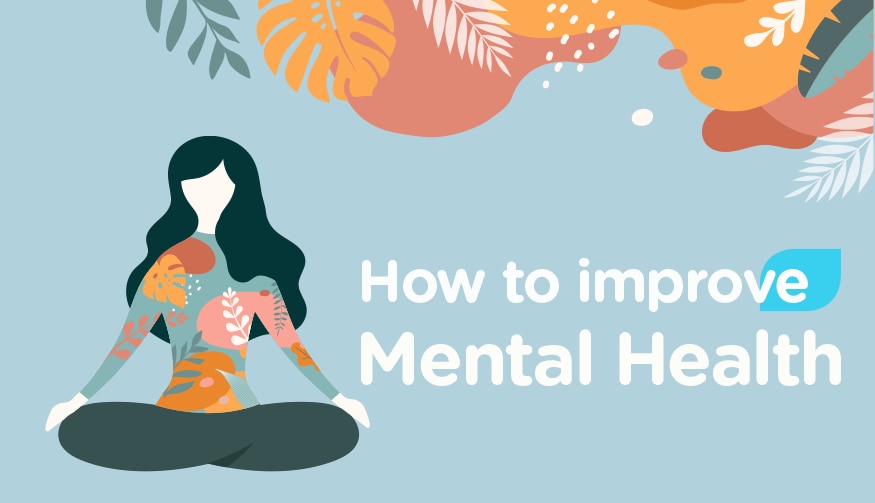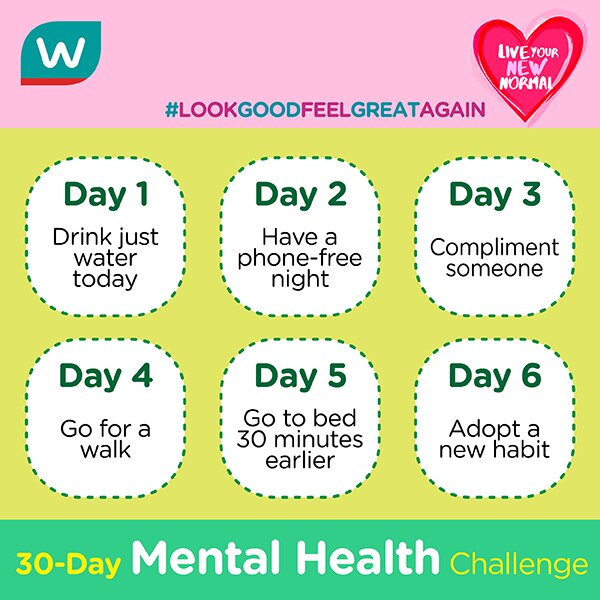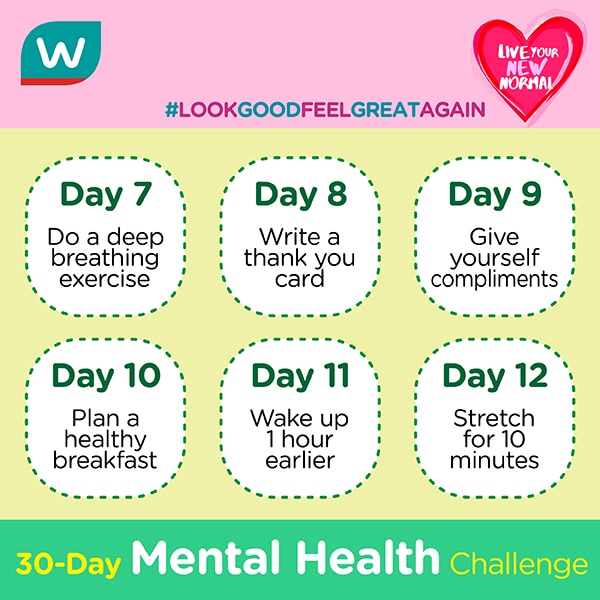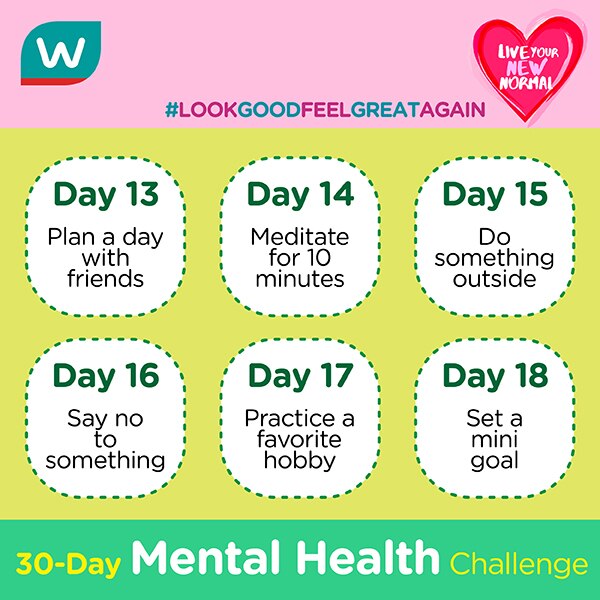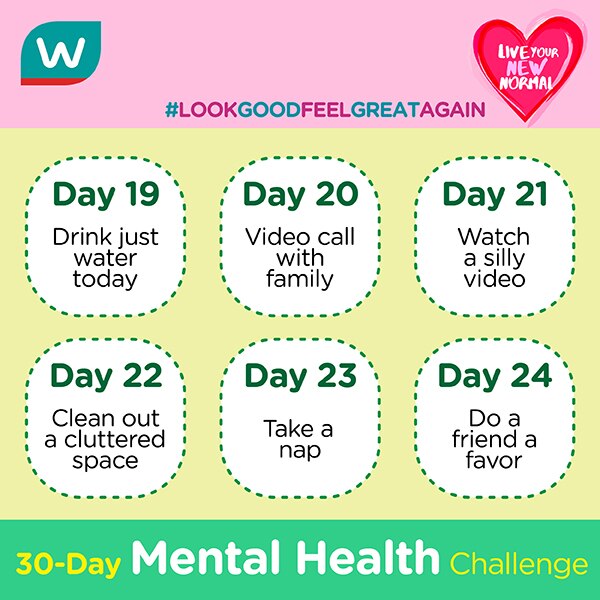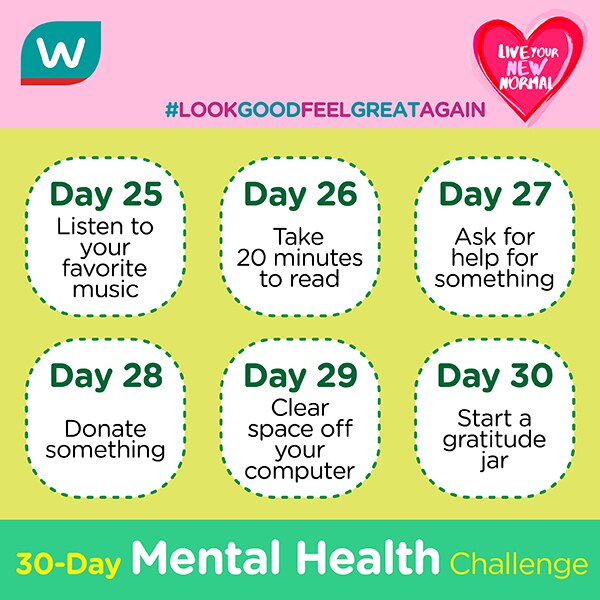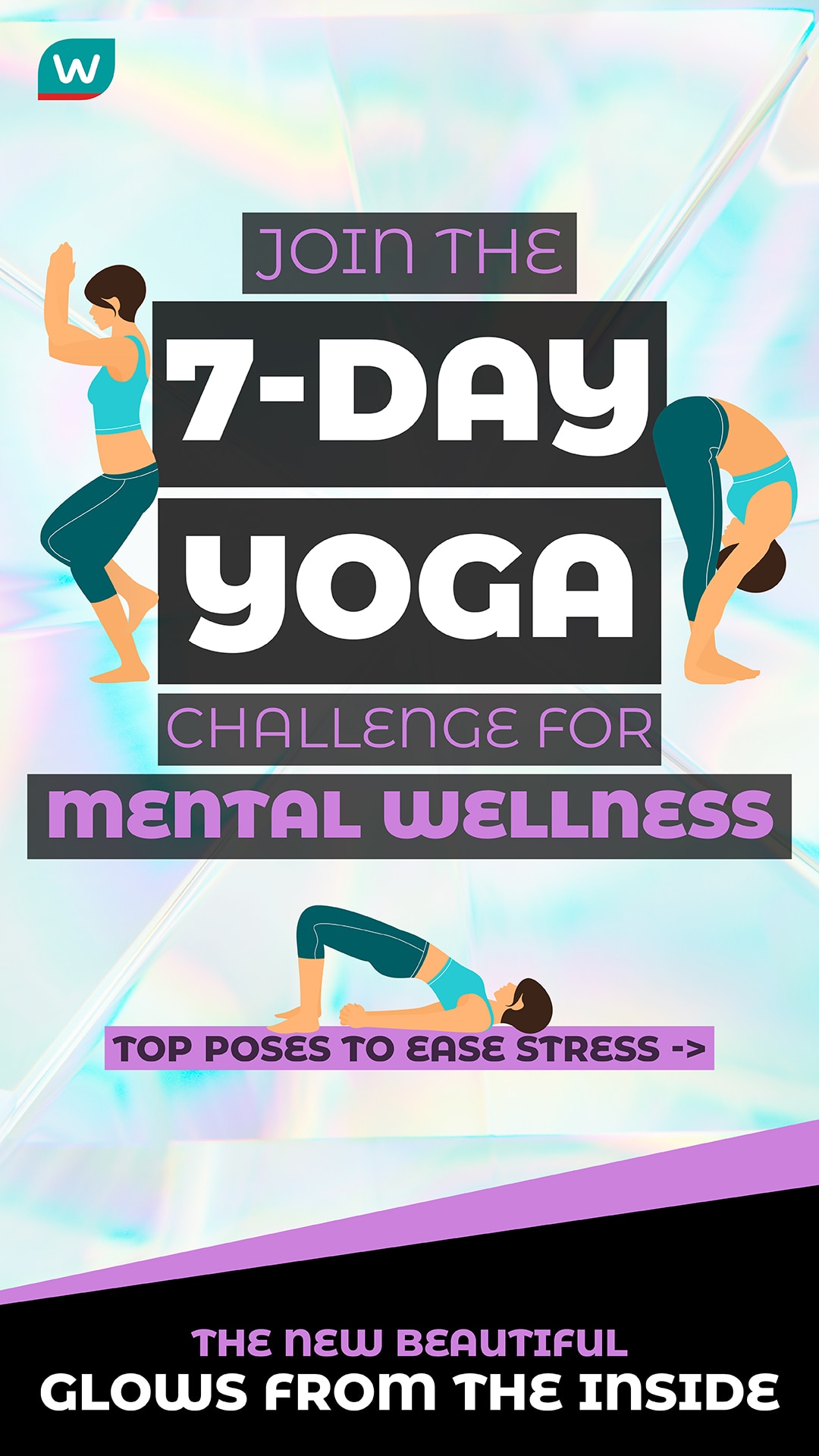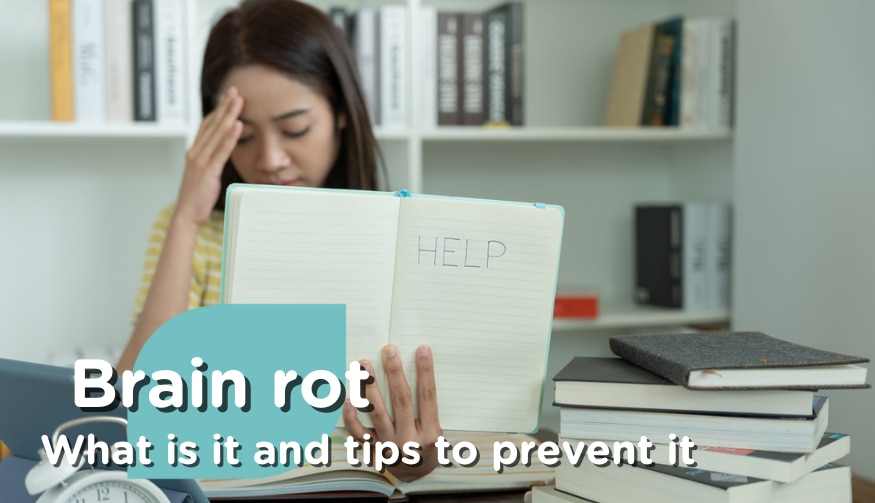As the pandemic continues, some have experienced emotional distress, anxiety, stress, burnout or other mental health conditions. This has raised mental health awareness and bring it to the forefront.
What is mental health?
According to the World Health Organization (WHO), “Health is a state of complete physical, mental and social well-being and not merely the absence of disease or infirmity.”
Mental health is a state of well-being in which an individual realizes his or her own abilities, can cope with the normal stresses of life, can work productively and is able to make a contribution to his or her community.

Why is it important?
By this definition, mental health is essential and vital for an individual because it affects how we feel, think, emote, interact with each other, earn a living and enjoy life, and it is crucial on an individual basis as well as in communities and societies throughout the world.
Therefore, it is more than just the absence of mental disorders or disabilities.
Poor mental health is also associated with rapid social change, stressful workplaces, gender discrimination, social exclusion, unhealthy lifestyles, physical ill-health, and human rights violations.
Tips to improve mental wellness
As mental health plays a key role in our emotional, psychological and social well-being, it is important for us to maintain or improve it at every stage of life, from childhood and adolescence through adulthood.
Like physical health, efforts are needed to build and maintain mental health. There are different ways to do it, and in some days it may require a bit more work than others.
Express your emotions
The first thing is, don’t ignore the emotional messages that tell you something is wrong and simply hope that it will go away or improve on its own. Acknowledge what you are feeling, especially when you are not feeling great. Having emotional awareness can equip you to properly manage and improve your mental hygiene.
After being aware of your emotions, you can express them in a healthy way. Talking to others, writing your feelings, or even crying could be a constructive and helpful way to express your emotion.
Apart from that, a healthy lifestyle also plays an important role in improving mental wellness, including:
- Stress management
- Exercise
- Adequate sleeping
- Healthy diet
- Self-care activities, mindfulness practices or meditation
Activities to improve mental wellness
Here are some activities that can help to improve your mental health.
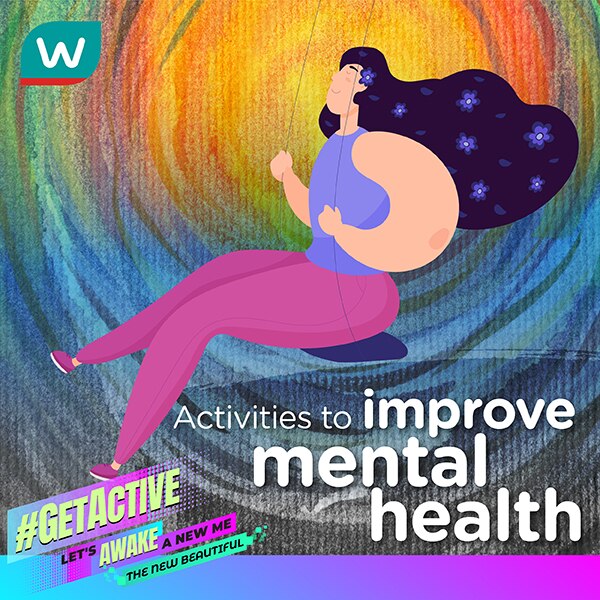
- Deep breathing: Slow down your heart rate and signal the brain to wind down

- Taking a break to meditate: Reduce negative emotions

- Gathering with family & friends: Express your feelings and feel connected

- Reading: Empower you to empathize with people

You can also improve your mental health by doing the following challenges.
30-Day mental health challenge
7-day yoga challenge for mental wellness
When is a good time to reach out for help?
It’s always ok to ask for help and there is never a wrong time to seek help.
You might want to seek help if you experience one or more of these signs:
- worrying excessively or feeling anxious more than usual
- feel that you are having a difficult time coping in general in your day-to-day life
- feeling sad and hopeless most of the time
- interested to find more support or treatment
- lastly, professional help should be sought immediately if you are having self-destructive thoughts or delusional or incoherent behaviour

Best mental health books
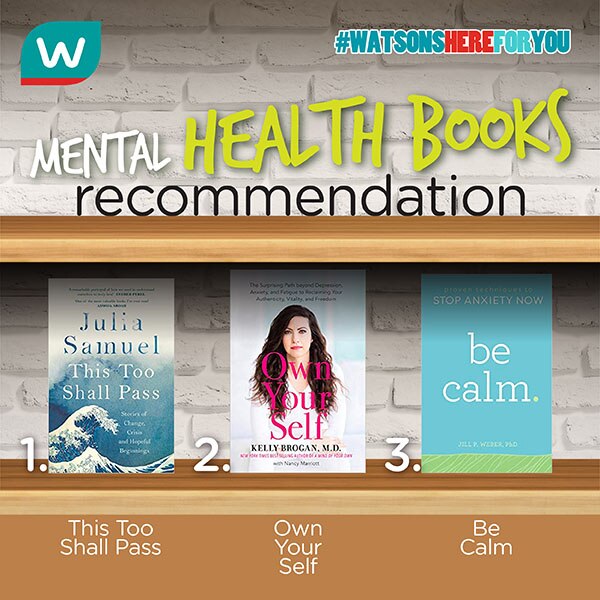
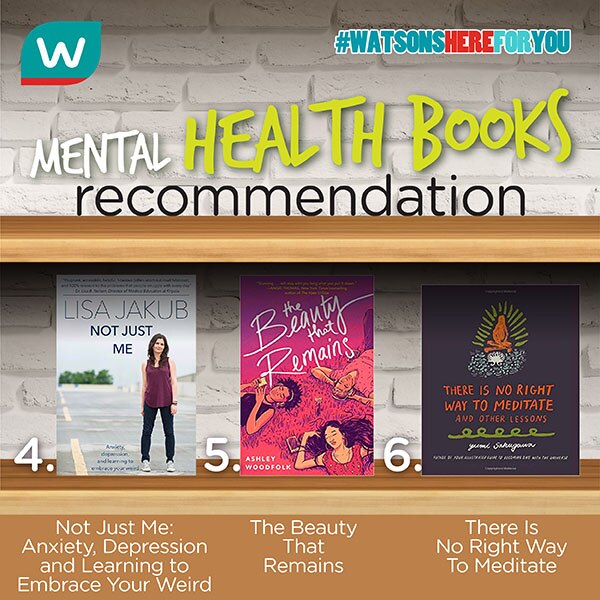
If you would like to understand more, here are 6 books to read.
- This Too Shall Pass by Julia Samuel
- Own Your Self: The Surprising Path beyond Depression, Anxiety, and Fatigue to Reclaiming Your Authenticity, Vitality, and Freedom by Kelly Brogan
- Be Calm: Proven Techniques to Stop Anxiety Now by Jill Weber PhD
- Not Just Me: Anxiety, depression, and learning to embrace your weird by Lisa Jakub
- The Beauty That Remains by Ashley Woodfolk
- There Is No Right Way to Meditate: And Other Lessons by Yumi Sakugawa
Sources:
- Health and Well-Being (who.int)
- OHCHR | Mental health and human rights
- Workplace stress: A neglected aspect of mental health wellbeing – PMC (nih.gov)
- How are social changes in the twenty first century relevant to mental health? Prasad KM, Angothu H, Mathews MM, Chaturvedi SK – Indian J Soc Psychiatry (indjsp.org)









